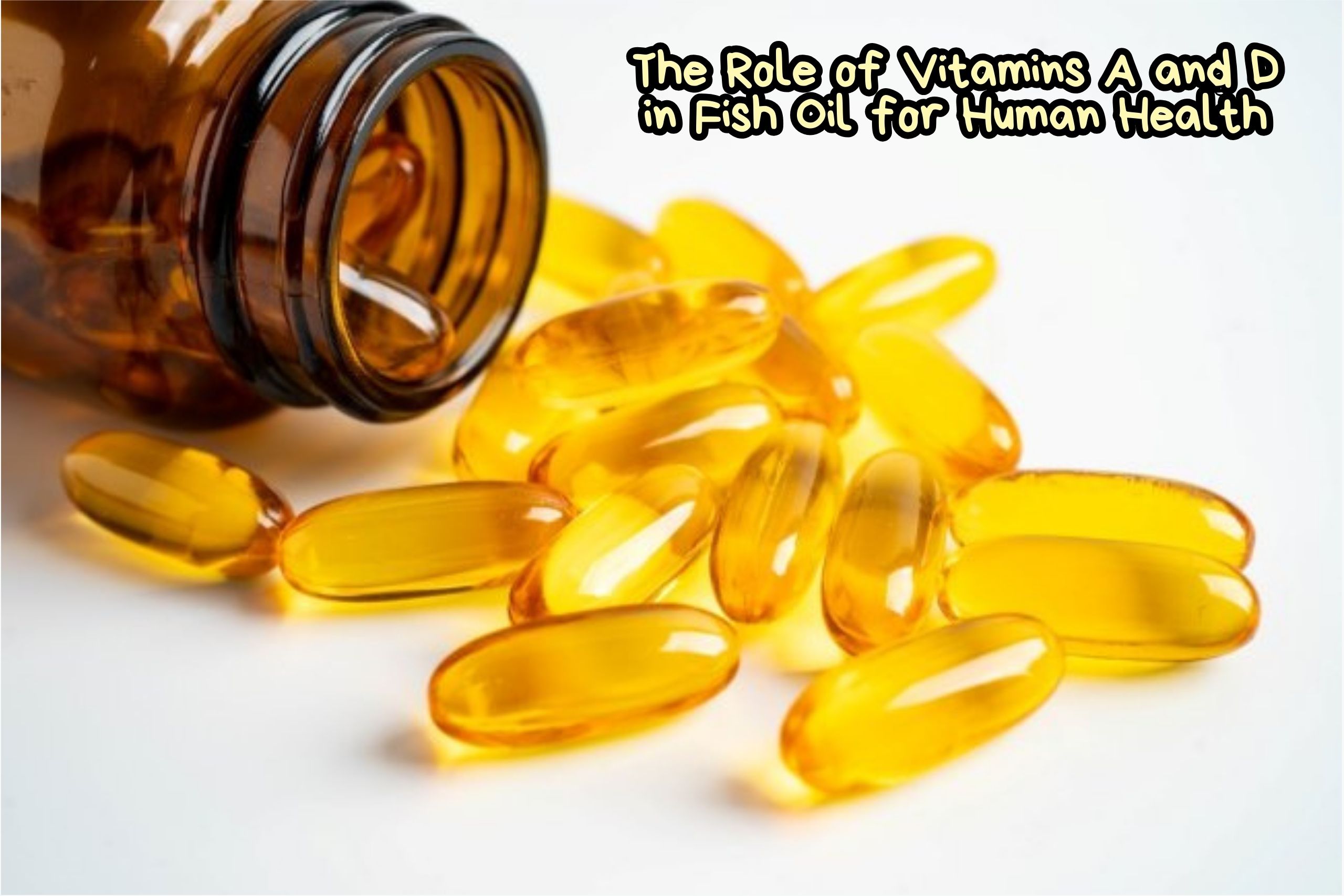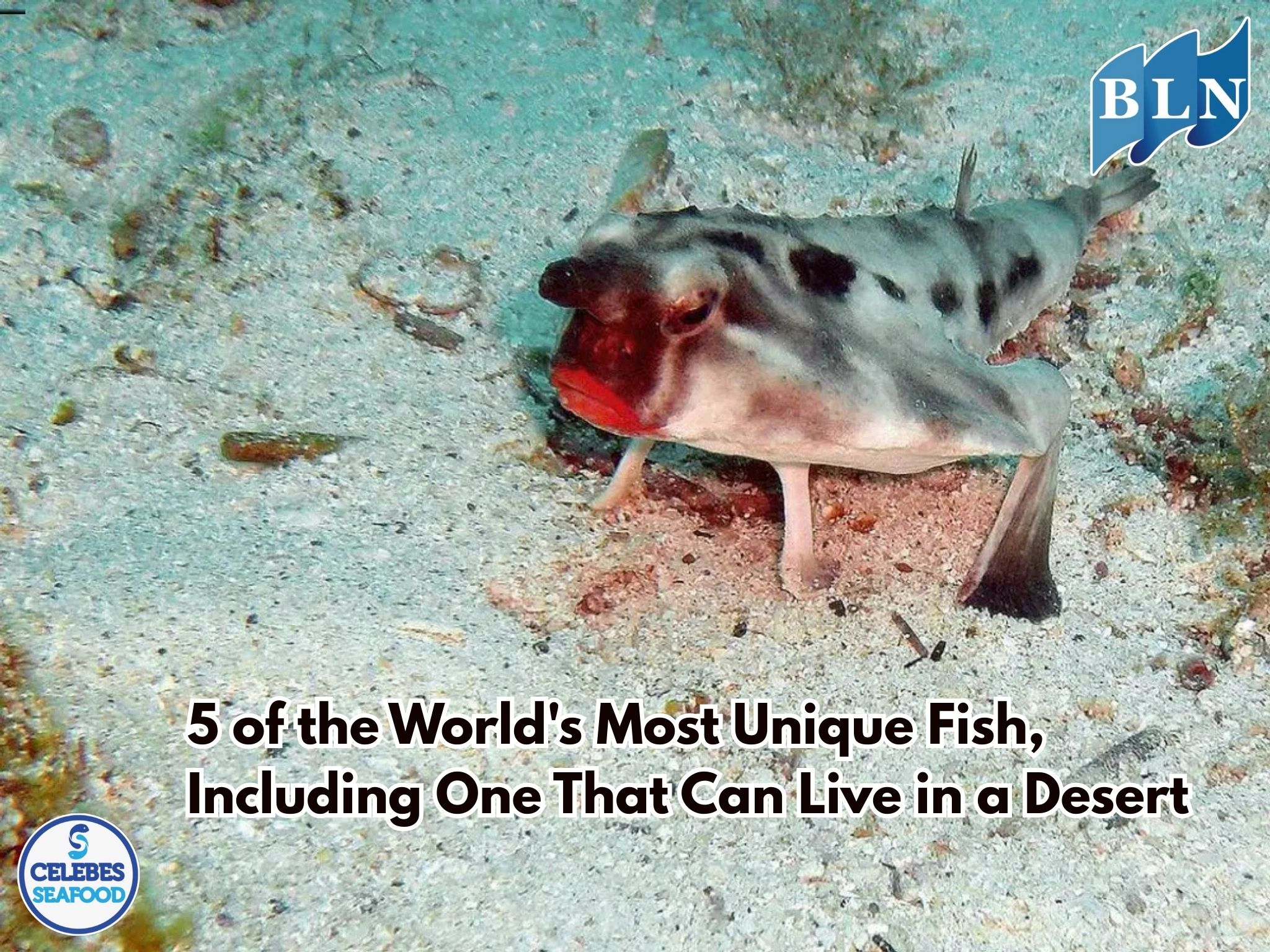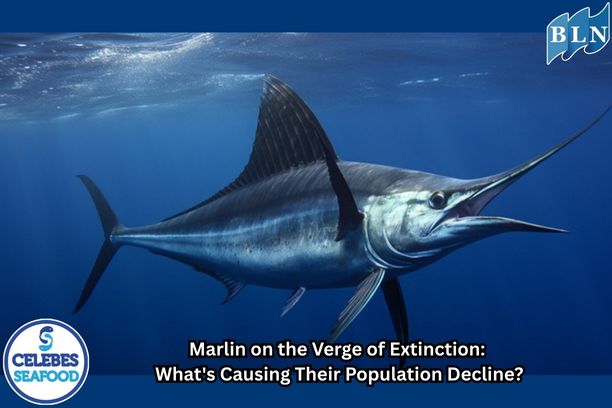The Impact of Water Pollution on the Health of Grouper Fish
By. Azizah - 09 May 2025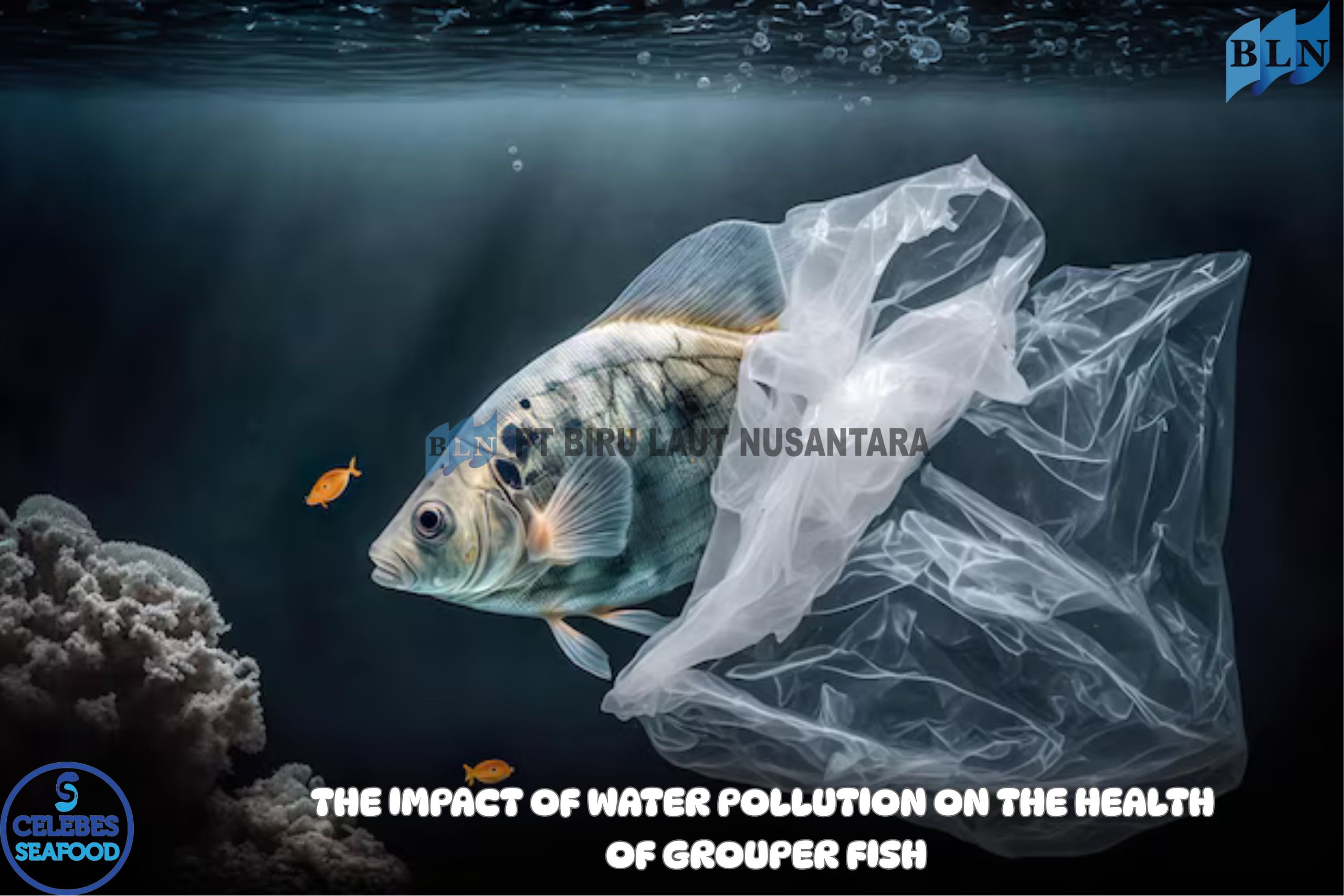
lautnusantara.comGrouper fish (genus Epinephelus) is a key commodity in Indonesia’s marine aquaculture industry, known for its delicious taste and high market value, especially in international markets such as Hong Kong and China. However, grouper farming areas, typically located in bays and coastal waters, now face the challenge of water pollution from industrial, agricultural, and domestic waste.
Water pollution not only reduces the quality of the aquaculture environment but also potentially triggers chronic stress, weakens fish immune systems, and causes disease outbreaks that financially harm fish farmers.
Types of Pollution Affecting Grouper Fish
-
Heavy Metals (Hg, Pb, Cd)
Heavy metals such as mercury (Hg), lead (Pb), and cadmium (Cd) are commonly found in polluted waters due to industrial activities. Exposure to these metals can accumulate in grouper fish tissues, causing liver and kidney damage and disrupting immune function. -
Organic Waste
Pollution from domestic and livestock waste increases the organic load in waters. This triggers eutrophication, which lowers dissolved oxygen (DO) levels and raises ammonia concentrations, both of which are toxic to fish. -
Pesticides and Agricultural Chemicals
Runoff from agricultural areas leads to pesticide accumulation in coastal waters. This exposure can cause deformities, oxidative stress, and reproductive disorders in grouper fish.
Impact of Pollution on Grouper Fish Health
1. Physiological Stress
Pollutant exposure disrupts the osmoregulatory system in fish. Grouper fish exposed to poor water quality show elevated cortisol levels, a stress hormone that leads to reduced appetite and slower growth.
2. Growth Disorders
Heavy metal and ammonia pollution hampers the fish's metabolic processes, leading to slower growth. A study by Hasan (2019) found that grouper growth rates decreased by up to 30% in moderately polluted waters.
3. Increased Disease Incidence
Polluted environments become breeding grounds for pathogens such as Vibrio bacteria and protozoan parasites. The weakened immunity of grouper fish due to pollution makes them vulnerable to diseases like vibriosis and marteiliosis.
Mitigation Efforts
-
Waste Management
Reducing waste discharge into coastal waters through the installation of wastewater treatment plants (WWTPs) is a crucial step. -
Water Quality Monitoring
Fish farmers are advised to regularly monitor water parameters such as DO, pH, salinity, ammonia, and heavy metals. -
Use of Probiotics and Immunostimulants
Administering probiotics and natural extracts, such as from medicinal plants, has been shown to boost fish resilience against environmental stress.
If you are interested in our product PARROTFISH WHOLE GILLED GUTTED, Parrotfish Fillet Skin On please do not hesitate to contact us through email and/or whatsapp.
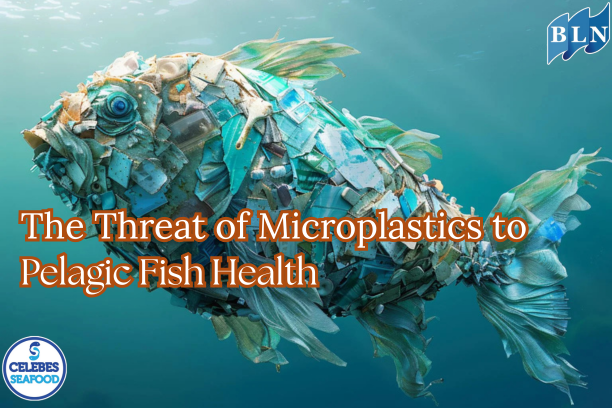
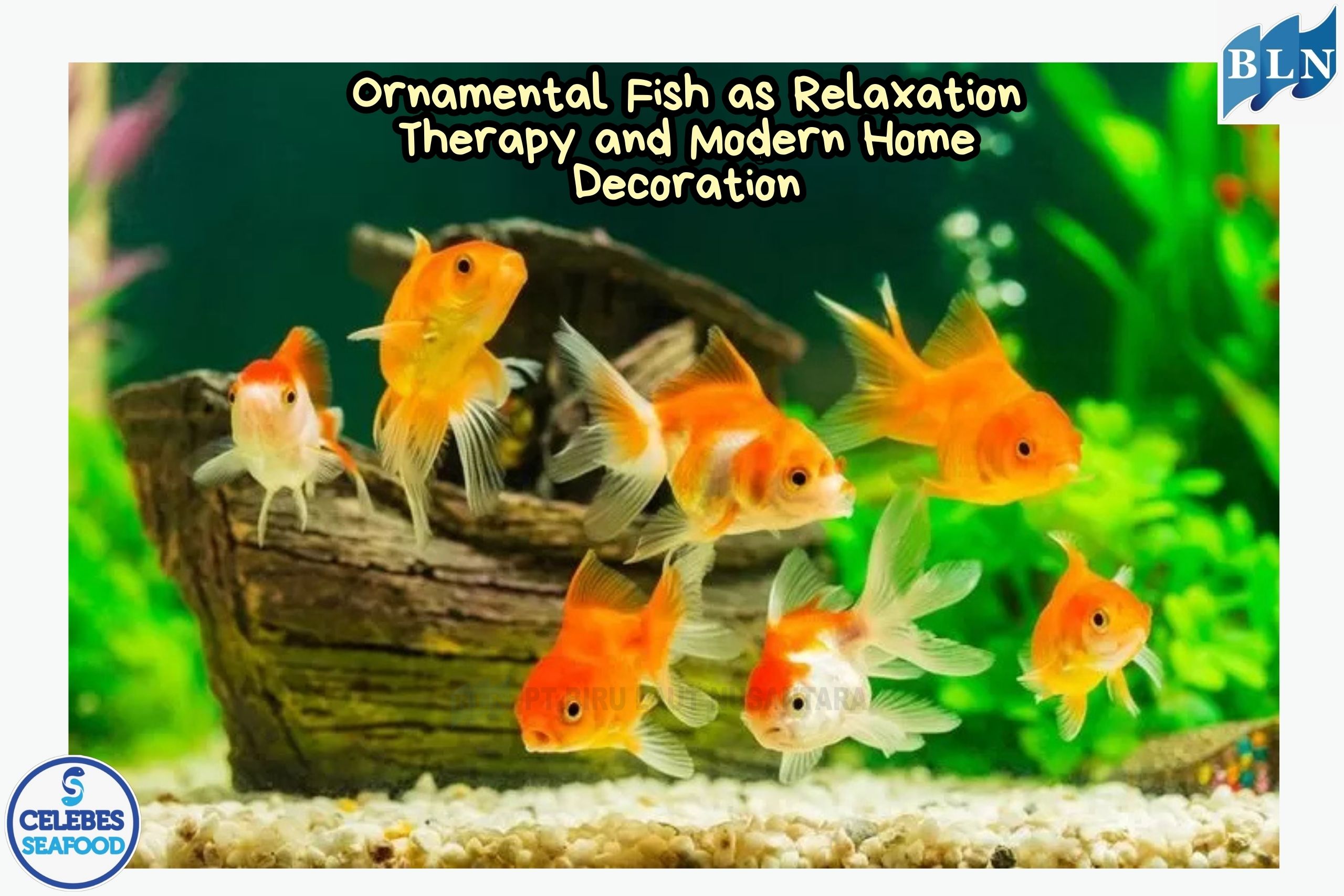
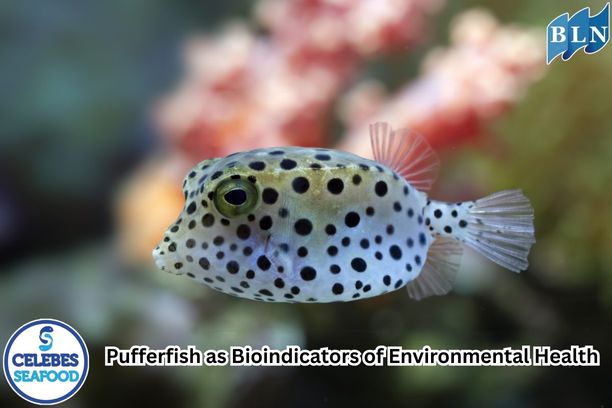
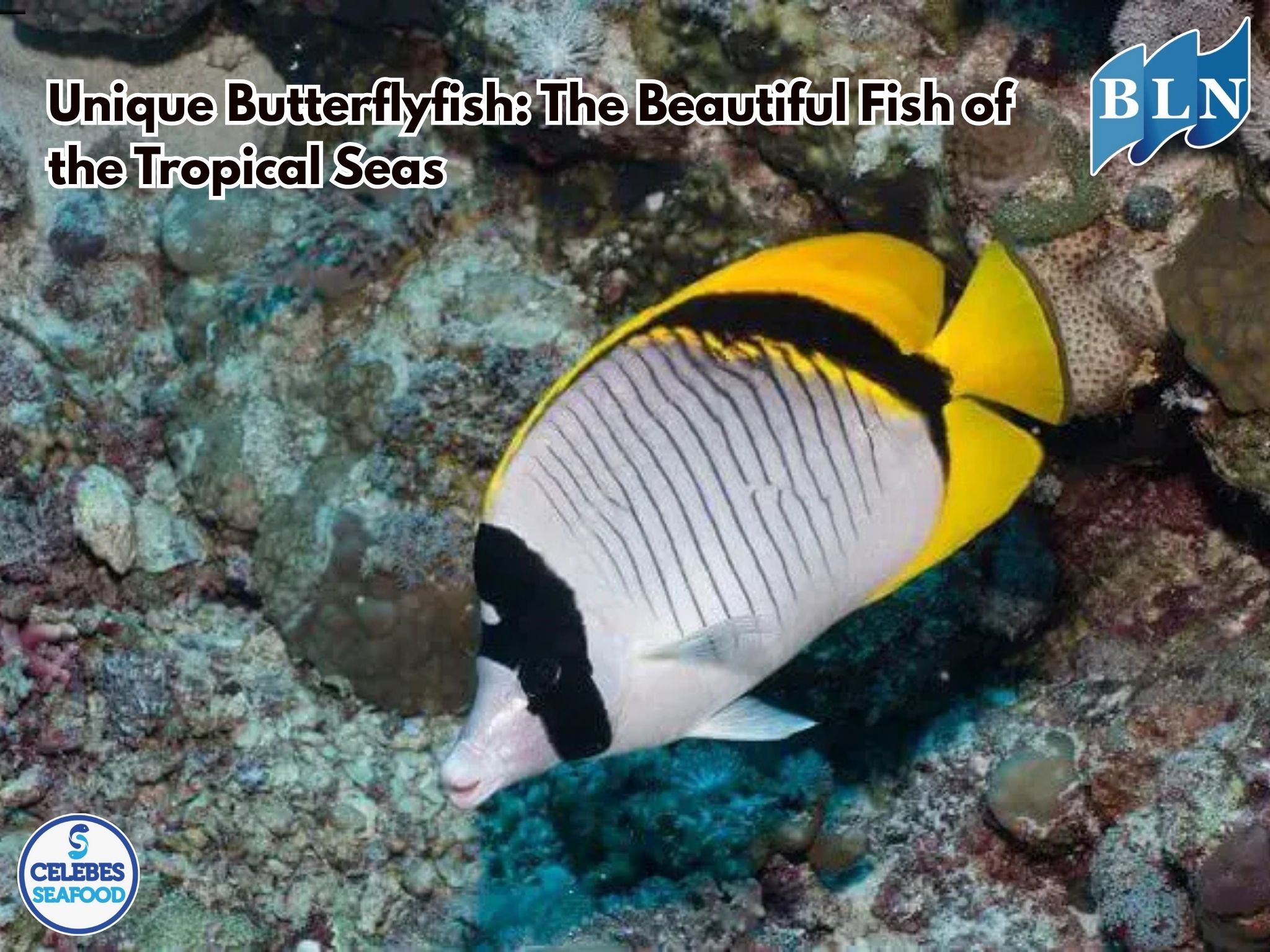
 Biology, Behavior, and Utilization.jpg)
